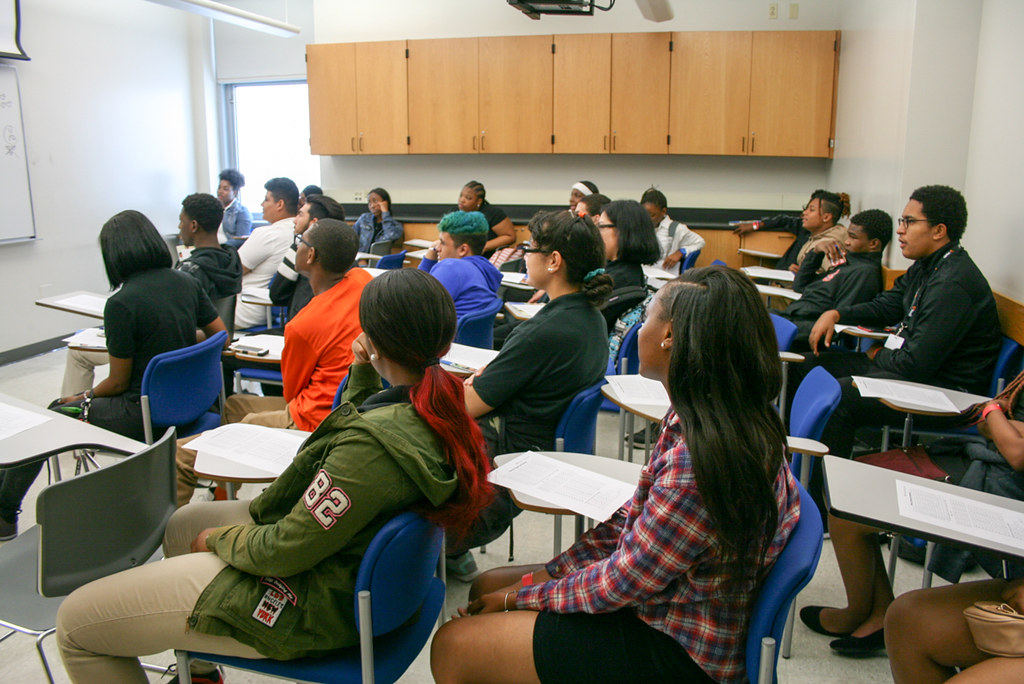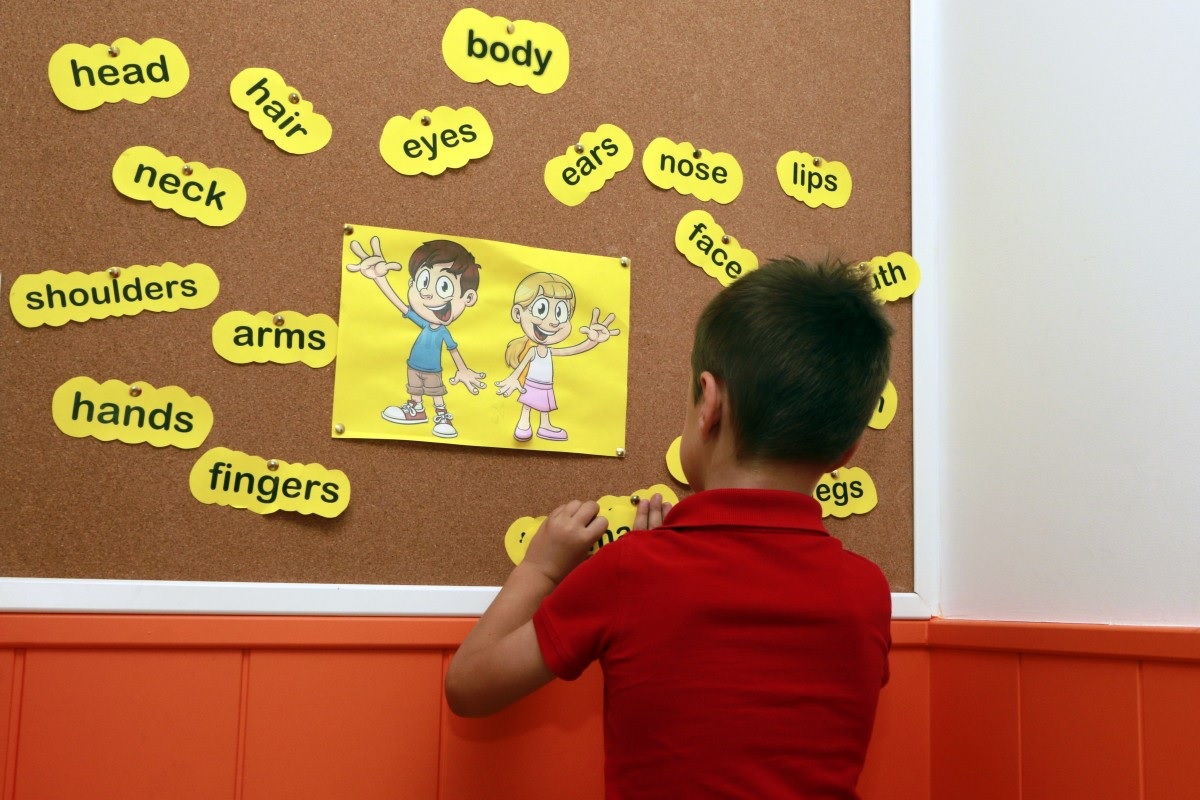
Some children have a hard time interacting with others. They don’t find it easy to be in a playground and socialise. Some children have that natural ability. Even if they don’t know the other people in the room, they can easily adjust. Social skills take time to develop. Some adults don’t even have excellent skills despite their age. It’s nothing to worry about. The key is to continue helping your children become less awkward. Here are some tips.
Expose your children to that environment
Allow your children to play with others. They will find it hard at first, but will eventually feel comfortable. You can even start from home. Invest in soft play equipment for the home and create a play area. You can invite other children to come over and play. When exposed to a different play environment in the future, it won’t be too challenging anymore.
Gradually take yourself out of the picture
Your children might feel okay to be in a social environment if you’re around. While it helps at first, you’re not training them to interact on their own. The key is to gradually be out of the picture. Introduce your children to others in the room, but move out soon. It helps in building confidence and feeling comfortable around others. If you stay for too long, your children will have that false sense of security. Since you won’t be around in all social interactions, it helps to leave at some point.
Have a pep talk
Your children need to know that social interaction is necessary. Playing with other children is fun, and they shouldn’t be afraid of it. Make it an encouraging conversation, but don’t make them feel pressured to play with others. Let them know that it’s still their choice to determine when to play and whom to play with.
Never overreact and get angry
There’s nothing wrong with an honest conversation about social interaction. It only becomes a problem if you overreact and start to get angry. It doesn’t help at all. You will discourage your children from interacting even more. They will feel like a failure. Even if they decide to interact, they will do it out of fear. They will not feel comfortable about the process, and it doesn’t help as they grow up.
The worst thing you can do is to compare your children with others. It will make them feel more terrible. Not all children interact at the same phase and level of comfort. Give them enough time to grow. Comparison will only discourage positive behaviour. Don’t forget to reward your children for exhibiting positive behaviour or showing steps in the right direction.
It’s good that you notice your children being socially awkward. It shows that you’re there at every step of the process. However, if you can’t solve this issue correctly, it might affect them forever. Remember that many adults still have a hard time building social skills. Tell your children that it takes time, and they shouldn’t feel bad.









